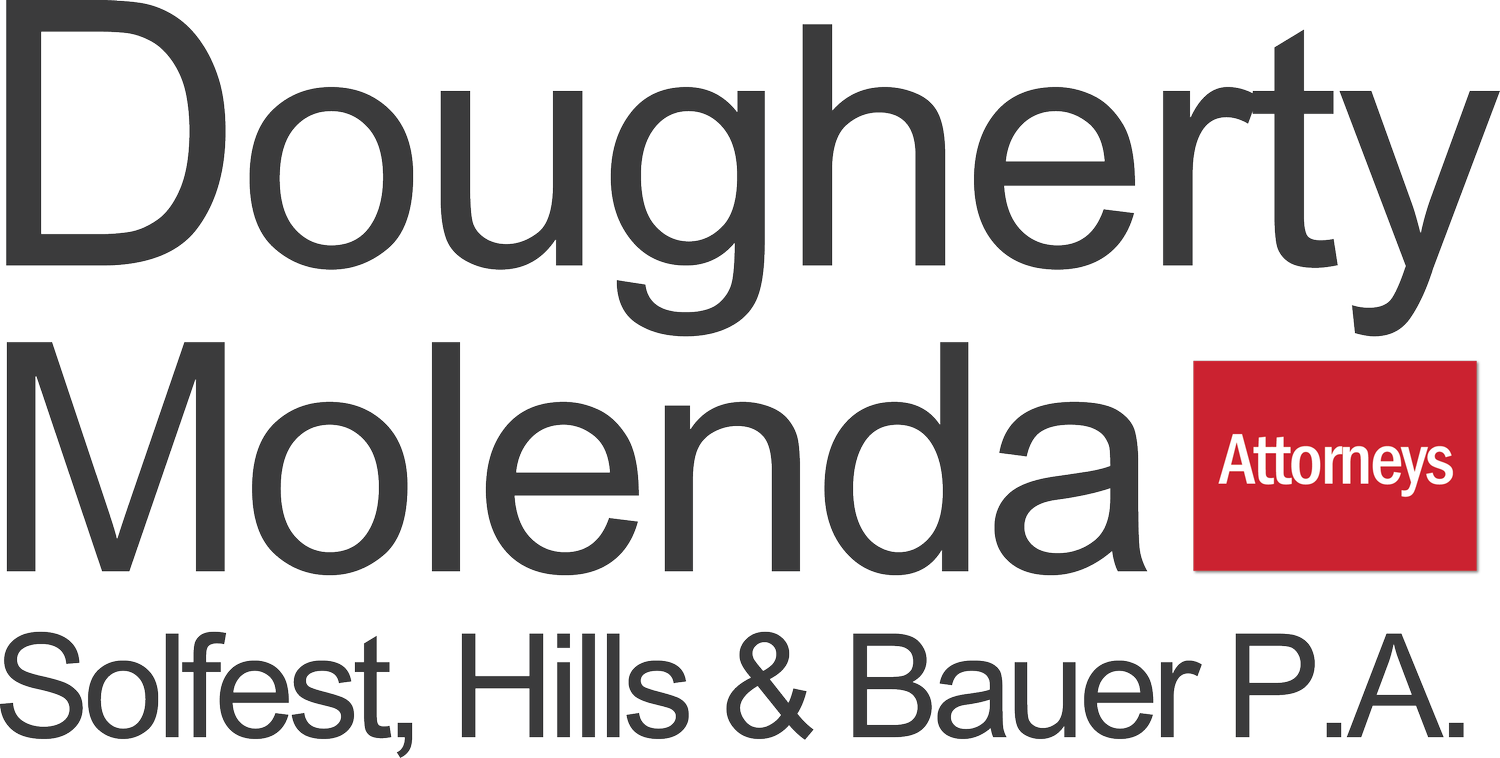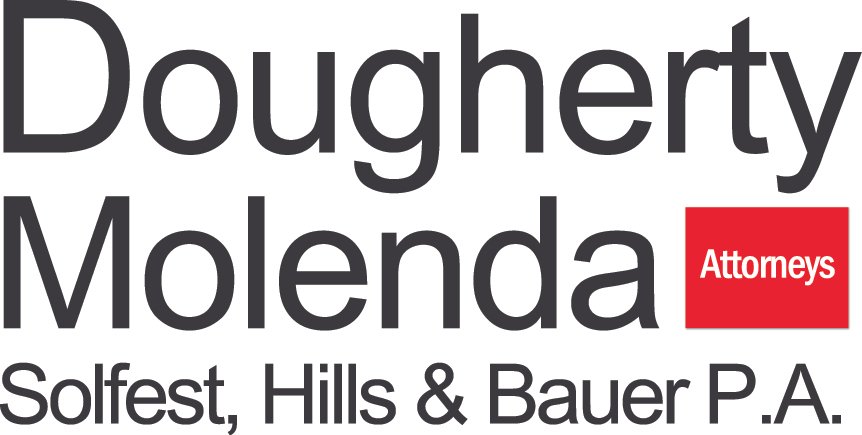
Insights
Why Free or Contingent Legal Fees in Defamation Cases are a Trap for the Unwary
A contingent or “free” legal fee might sound appealing, but in defamation litigation, this type of arrangement often creates significant, hidden pitfalls. In this article, we’ll break down why even experienced attorneys sometimes overlook the full implications of contingent fees in defamation cases and why clients should think twice.
The Core Problem: Attorneys’ Fees are Typically Not Recoverable in Defamation Cases.
In Minnesota, as in many states, attorney fees in defamation cases are generally not recoverable as damages unless explicitly authorized by a contract or statute. This principle is clearly articulated in Fownes v. Hubbard Broadcasting, Inc., 310 Minn. 540, 246 N.W.2d 700 (Minn. 1976), where the court stated, “attorney’s fees are not recoverable as an item of damages unless there is a specific contract permitting such recovery or such fees are authorized by statute.” This rule has been consistently upheld in subsequent cases, including Minn.-Iowa Television v. Watonwan TV Imp., 294 NW 2d 297 (Minn. 1980), which also notes an exception for cases where the litigation is conducted in bad faith or for oppressive reasons.
Put simply, this means that if you win a defamation case, you cannot demand the other party cover your legal fees, a reality that many clients do not realize until they’re deep into the litigation process.
Tax Consequences of Defamation Awards: A Double Hit (Ouch).
Adding to this challenge, defamation awards come with significant tax implications that are often unexpected and misunderstood. Unlike personal injury awards, defamation awards are not excluded from taxable income, meaning the entire amount must be reported on your tax return. And here’s the spoiler - If you hire a contingent fee lawyer, you’ll still pay taxes on the percentage you pay to your lawyer (even though you’ll no longer have that money).
Let’s break down why:
Tax Treatment of Defamation Awards vs. Personal Injury Awards
Defamation Awards: Damages awarded in defamation cases generally compensate for non-physical harm, like emotional distress or reputational damage. Under Internal Revenue Code (IRC) § 104(a)(2), only damages received for personal physical injuries or physical sickness are excluded from gross income. Therefore, defamation awards are fully taxable.
Personal Injury Awards: Personal injury awards, which compensate for physical injuries or sickness, are typically non-taxable, as they fall under the IRC § 104(a)(2) exclusion. This distinction in tax treatment can make a significant financial difference.
Real-World Example: $100,000 Defamation Award
Take, for example, a $100,000 hypothetical defamation award, either a judgment or a settlement. You are thrilled to have secured a settlement, and you stop to think about how much of that $100,000 you’ll be able to retain. Here’s what to consider before you agree to give 40% to a contingent fee lawyer who agrees to take the case for “free.”
If a client receives a $100,000 award in a defamation case, the entire amount is taxable. The client must report the full $100,000 as gross income, even if a portion of it is paid to their attorney as fees. To estimate the potential tax liability on a $100,000 defamation award, we need to consider the taxpayer’s marginal tax rate. For simplicity, let’s assume the taxpayer falls into the 24% federal income tax bracket, which is a common rate for middle to upper-middle-income earners. Here’s a step-by-step breakdown:
Calculation of Tax Liability
Gross Award: $100,000
Attorney's Fees: 40% of $100,000 = $40,000 (paid to your lawyer)
Net Amount to Client: $100,000 - $40,000 = $60,000 (in your pocket, for now)
Taxable Income
The entire $100,000 is considered taxable income, not just the $60,000 the client receives after attorney’s fees are paid.
Tax Calculation - The Hidden Problem
Even where clients presume they will need to pay taxes on an award in a defamation case, many do not also understand they will need to pay fees on money they no longer have, i.e., the money they paid to their lawyer. Here’s the breakdown of how painful it can be.
Taxable Amount: $100,000
Assumed Federal Marginal Tax Rate: 24%
Federal Tax Liability: $100,000 x 0.24 = $24,000
Minnesota State Tax: Minnesota has a progressive income tax system. For simplicity, let's assume the taxpayer falls into the 7.85% state tax bracket.
$100,000 x 0.0785 = $7,850.Total Tax Liability: Federal Tax ($24,000) + State Tax ($7,850) = $31,850
Summing It Up: The Reality of Defamation Litigation Contingent Fees (Plus Taxes)
Gross Award: $100,000
Attorney’s Fees: $40,000
Net Amount to Client: $60,000
Total Tax Liability to Government: $31,850
Remaining Amount: $28,150
Effective Tax Rate
So all of this mean that a typical taxpayer in the 24% federal tax bracket and 7.85% Minnesota state tax bracket would face a total tax liability of approximately $31,850 on a $100,000 defamation award. This results in an effective tax rate of about 53.08% on the net amount received after attorney's fees are deducted. In case you understand things better in terms of food and fractions, that’s the government and your lawyer eating more than half of your defamation pie. The leftovers might seem like a nice number to some, but for many, it is something they figure out much too late. Sometimes, the remaining $60,000 has been spent on that new car, but the government still wants its $31,850 payout the following year! That’s why knowing these realities is critical if you hire a contingent fee lawyer.
Conclusion
Defamation awards come with substantial tax and cost burdens. Clients should thoroughly understand these realities when considering contingent fee arrangements for defamation cases. Many lawyers may not fully explain this dynamic upfront, so clients must be proactive in asking questions and weighing the financial implications before proceeding.
ABOUT THE AUTHOR
Matthew Schaap is a litigation and defamation attorney with experience in a wide variety of personal and business litigation matters. He has been with Dougherty Molenda since 2004. No lawyer at Dougherty Molenda provides contingent fees in defamation cases.
ABOUT DMSHB
DMSHB provides the experience and capabilities of a large law firm, with the personal service, value and attention clients expect in a small-firm environment. Contact us to learn more.

